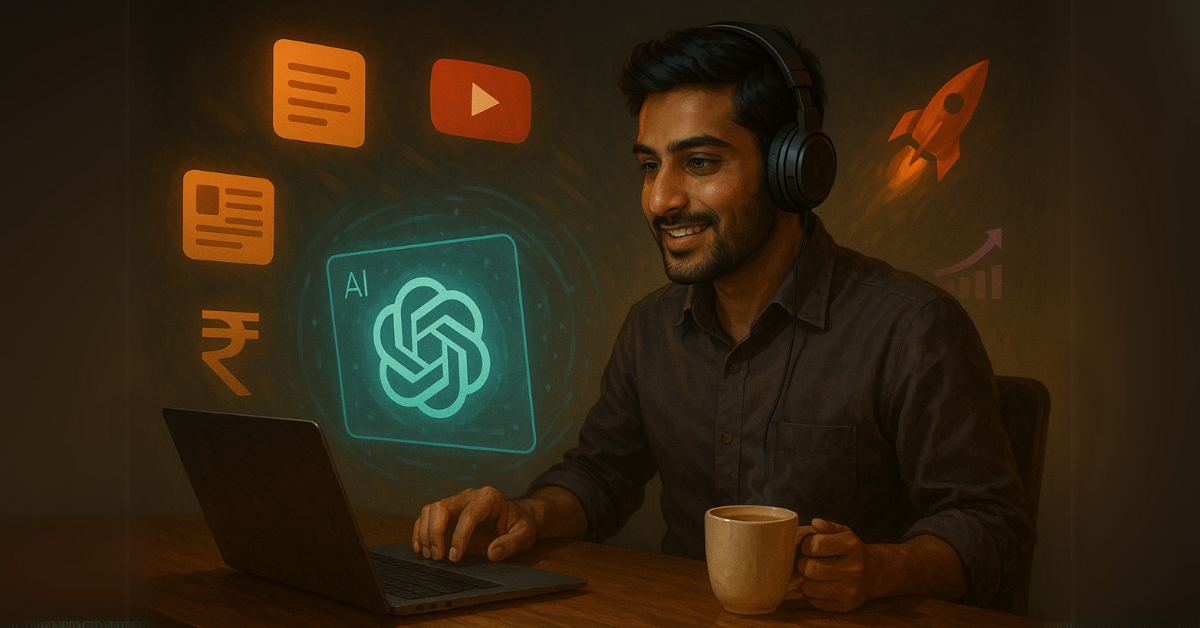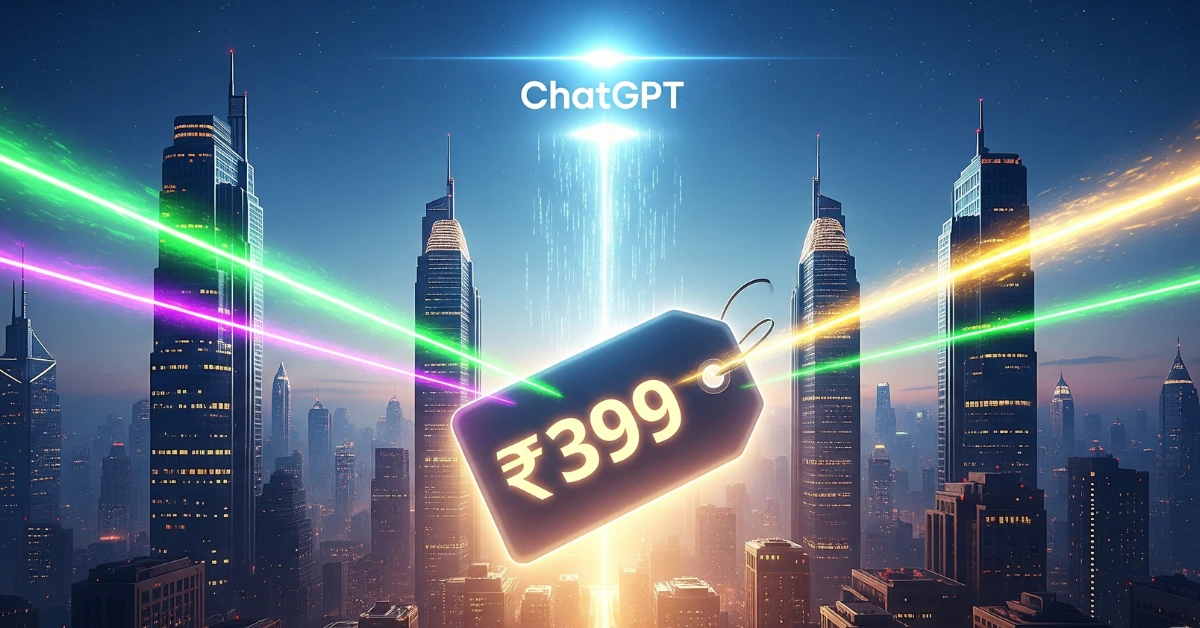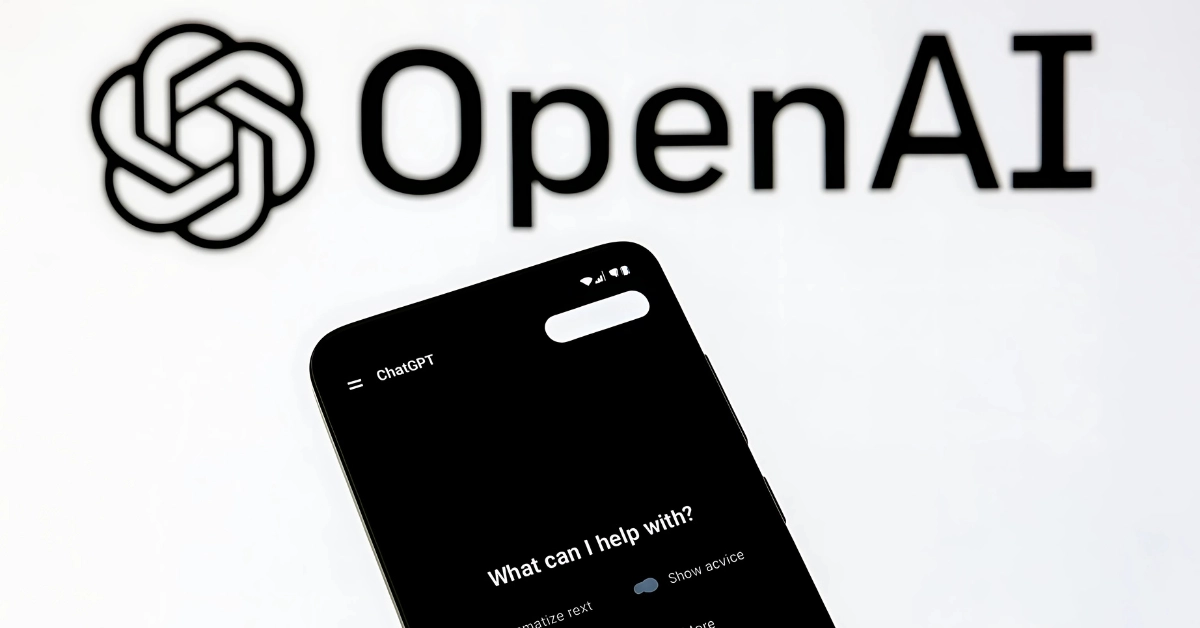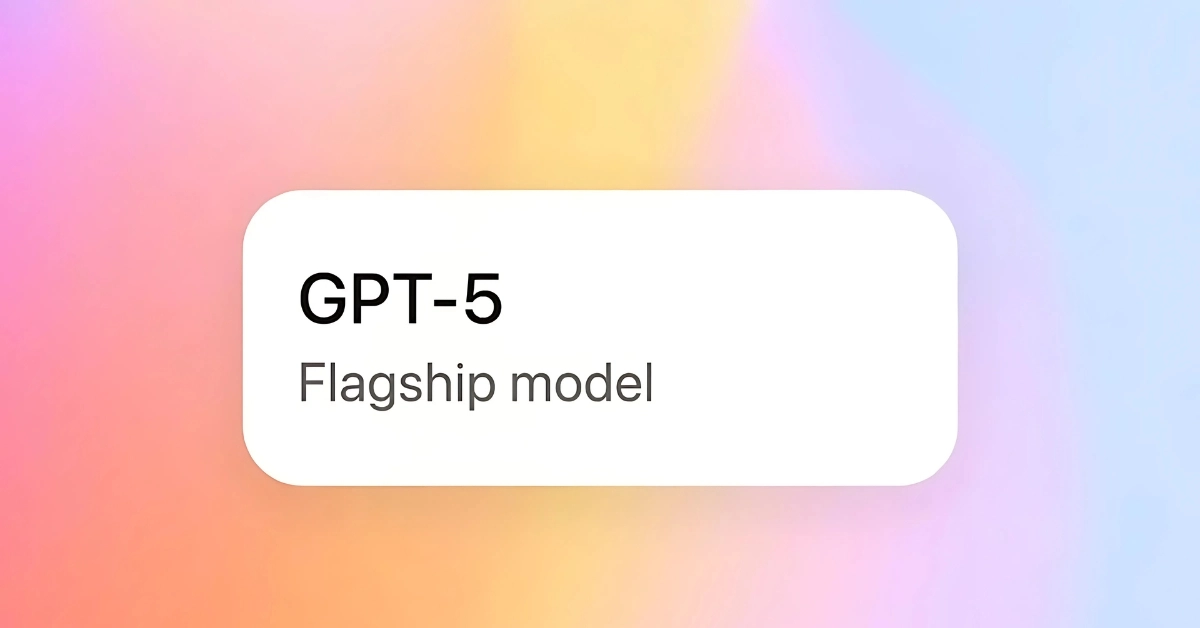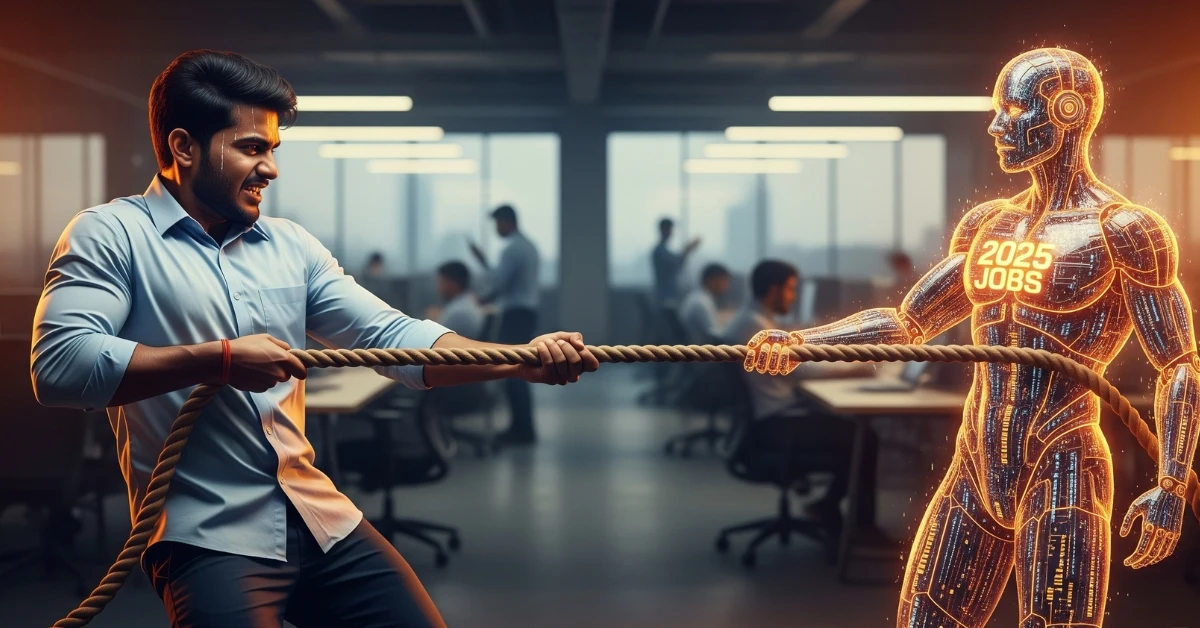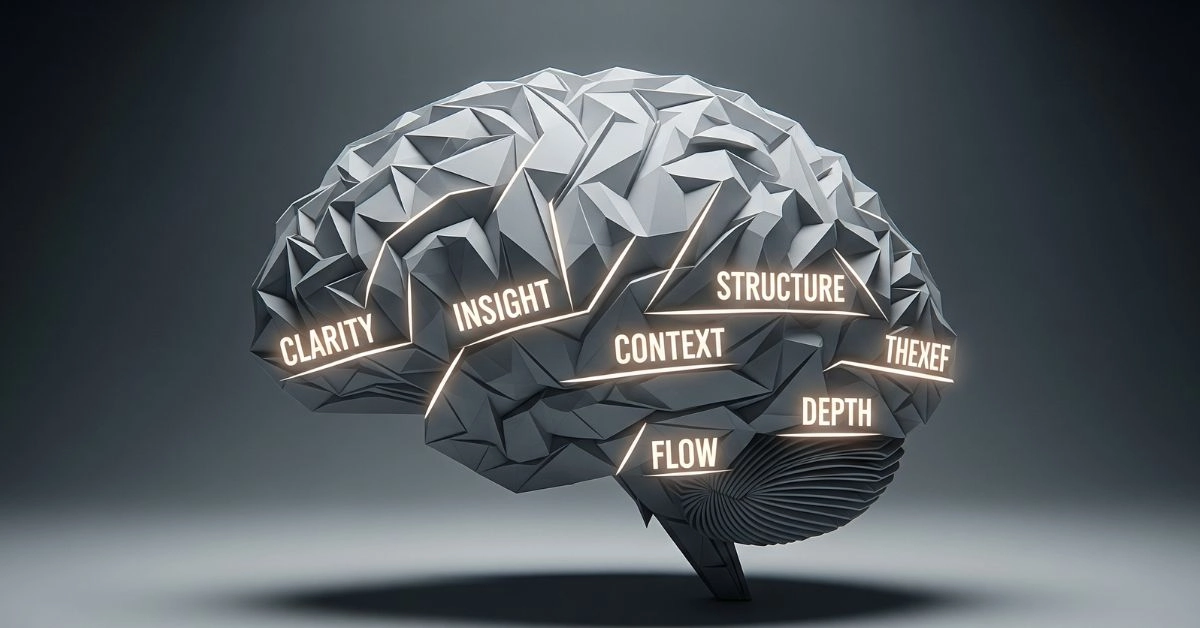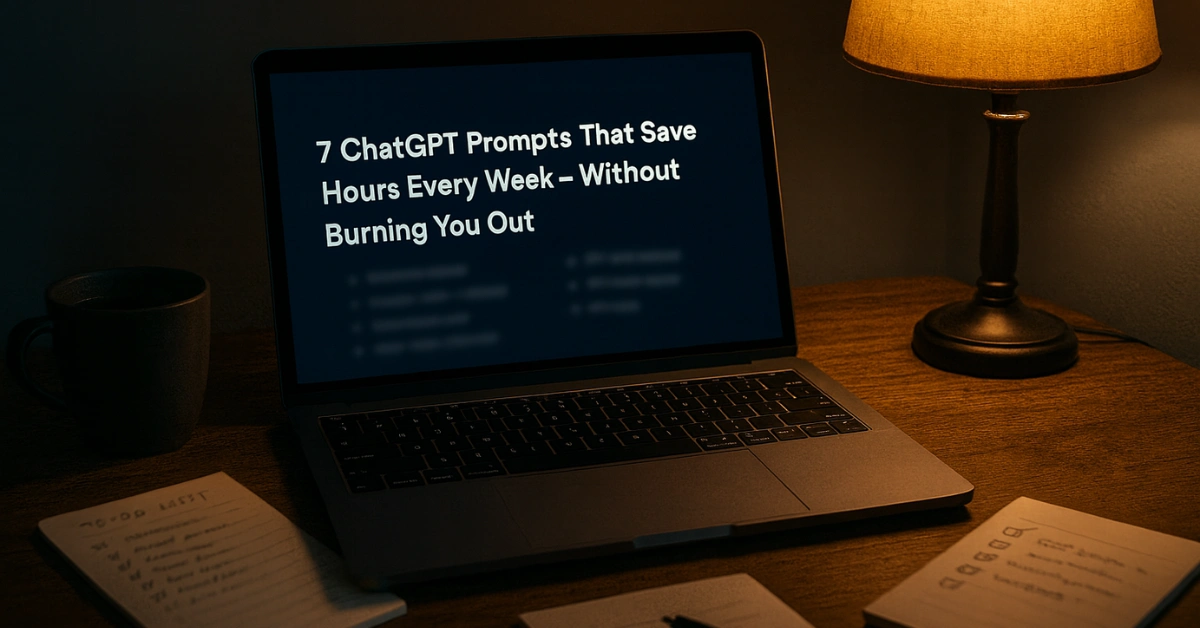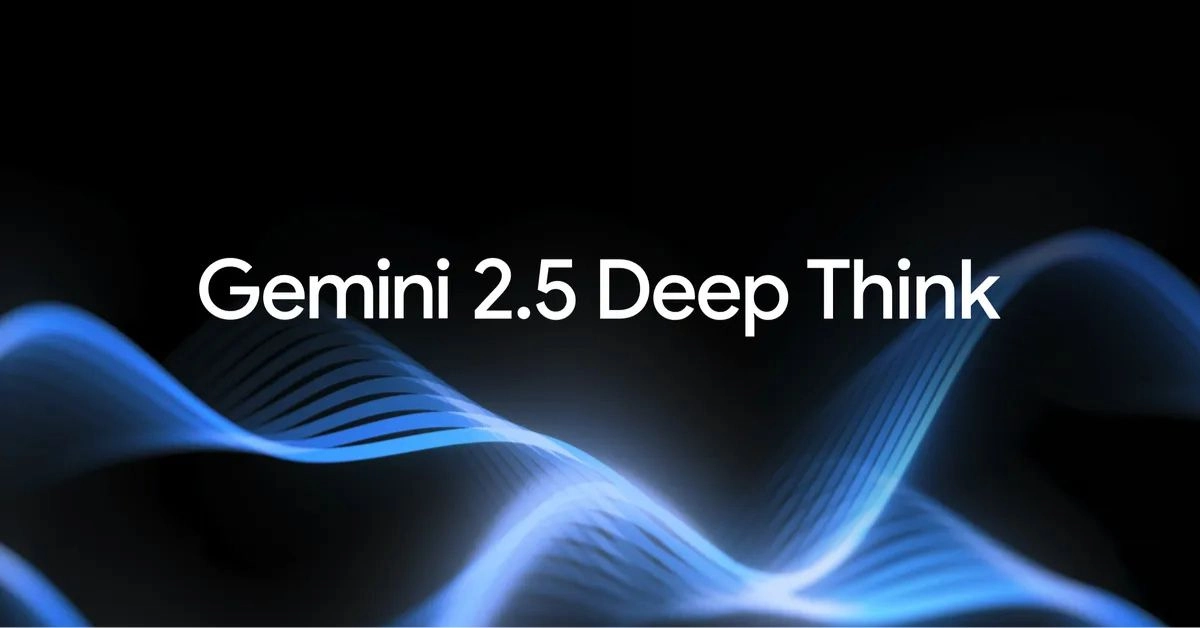Written by Mohit Singhania | Updated: July 6, 2025 | TechMasala.in
If Your Job Is Repetitive, AI Is Already Circling It
If your job involves sitting at a desk and following a template, like writing, replying, filling forms, fixing code or translating text, there’s a quiet storm headed your way. It’s called AI, and it’s not waiting for permission.
In India, entry-level workers are often the backbone of teams. But in 2025, they’re becoming the first to go. Jobs that once helped people break into tech, law, marketing, or logistics are being phased out without warning, replaced by software that never sleeps and rarely complains.
This isn’t about the future. It’s already happening. The only question left is: will you adapt before your job does?
AI’s Tipping Point Is Already Here and Sam Altman Just Confirmed It
In a July 2025 blog post, OpenAI CEO Sam Altman didn’t hedge his words. “We are past the event horizon,” he wrote. “The take-off has started.” That line sent a wave of recognition through tech companies and HR departments everywhere.
What he meant was simple. AI isn’t in testing mode anymore. It’s live, it’s functional, and it’s replacing human work at scale, quietly, efficiently and without asking for permission. From global firms to Indian startups, the shift has begun.
This is no longer about what AI might do. It’s about what it’s already doing. And that’s what makes Altman’s full “event horizon” statement feel less like a prediction and more like a status update.
The Jobs Already Being Replaced by AI (And It’s Only 2025)
The job loss isn’t theoretical anymore. It’s visible. Every day, more entry-level roles are being replaced by AI tools that don’t blink. The quiet part? Most people don’t realize it’s happening until the replacement is already live.
In Gurgaon, a junior paralegal used to be tasked with first-pass legal research. Now, a GPT-based legal assistant does it in under three minutes. At a Noida e-commerce firm, content interns who wrote product descriptions have been let go, with their tasks now handled by a Shopify-integrated AI copywriter.
Across India’s logistics sector, pallet robots take orders from AI dispatchers. In digital marketing agencies, junior writers are being replaced with tools that generate 10 campaign variants in seconds. Even local newsrooms are experimenting with LLMs that summarize press releases before any human touches the page.
According to Anthropic’s Dario Amodei, nearly 50% of entry-level jobs may disappear by 2030. But you don’t need to wait five years to feel it. The AI job loss wave of 2025 is not a future event. It’s what you’re scrolling through right now.
These New AI Jobs Are Booming but You’re Not Being Trained for Them
Here’s what no one told you. While traditional jobs quietly vanish, a whole wave of new AI-first careers is exploding, and most of us aren’t being trained for even one of them.
Take the role of a prompt engineer. They don’t write code. They write smart instructions that tell AI how to code, design, write, or analyze. It’s part psychology, part creativity, and companies are hiring. Then there’s the model bias auditor, someone who ensures AI systems don’t make unethical decisions. Or AI ops technicians, who keep large models running smoothly behind the scenes.
Even the creative world is evolving. Synthetic media designers are using generative tools to build videos, ads, and animations in hours instead of weeks. These aren’t future roles. They’re already posted on job boards right now. But your college didn’t tell you. Your manager won’t bring it up. And if you’re waiting for someone to hand you a training plan, you’ll be too late.
The truth? The AI economy is hiring. It just isn’t hiring from where you’re standing.
What You Can Do Today to Stay Relevant in the AI Economy
Let’s be honest, no one’s coming to rescue your career. If you want to survive the AI shift, you have to start thinking like someone who works with machines, not in spite of them.
That starts today. Not with a master’s degree. Not with a job change. Just you, your curiosity, and a few open tabs.
Open ChatGPT and start writing better prompts. Ask it to debug code, summarize PDFs, generate copy, or create ideas from scratch. Try Notion AI or Claude for workflow automation. Use ElevenLabs to test voice synthesis, or Midjourney to understand AI design logic.
It’s not about mastering every tool. It’s about changing your mindset. In the AI economy, the people who know how to ask better questions and use tools that do the rest will win. The ones who don’t? They’ll be outpaced, out-billed, and out of work.
Don’t wait for a course. Start learning by doing. Because in this new job market, the skill that matters most is your ability to evolve quickly, publicly, and without waiting for permission.
Why India Can’t Afford to Wait Any Longer to Upskill
India has one of the youngest workforces in the world, and that’s both a gift and a ticking time bomb.. As AI pushes its way into every corner of work, we’re staring at a future where millions of Indian jobs could vanish unless we learn to move faster than the machines.
Look around. BPOs are testing GPT-powered customer service bots. Edtech platforms are using AI to generate lesson plans. E-commerce warehouses in Pune and Bengaluru are already deploying logistics automation. Entry-level creatives are competing with Canva AI and YouTube video generators.
And yet, most training institutes still teach outdated tools. College curriculums rarely include real-world AI exposure. Students are still chasing degrees that don’t match the market anymore. We can’t afford to wait for policy to catch up. The pressure to upskill isn’t coming. It’s already here.
The good news? We may not always have the latest tools, but we’ve always found ways to make them work. We learn fast, we adapt fast, and we teach ourselves when no one else does. That’s the energy we need now, not for survival but for leadership.
Because this time, catching up won’t be enough. We have to lead the shift, or we’ll be left behind.
Final Thoughts: Don’t Wait for Permission to Evolve
Sam Altman called it the event horizon — the point of no return. But he didn’t say it to scare you. He said it because most people won’t act unless they realize the ground has already shifted under their feet.
The old ladder is breaking. The entry points are closing. And waiting for your company or college to catch up is a losing bet. The AI economy won’t ask if you’re ready. It’ll just move past you.
So if you’re still on the fence, here’s the truth: you don’t need permission to evolve. You don’t need a roadmap or a perfect plan. You just need to start. Because in this moment, starting is the only real advantage left.


